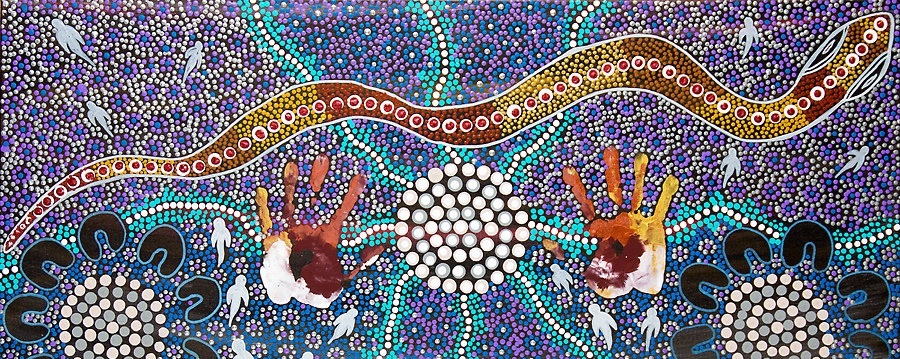
This easy-to-read book caught me by surprise. After downloading Noah Lukeman's free e-book called "How to Write a Great Query Letter" I bought "The First Five Pages" new as a "thank-you".
From the title and back blurb I expected the usual ho-hum "how-to-write" instructions on adjectives, dialogue, viewpoint etc. Instead, I found a little gem. The author's love of writing as an art came through on every page, and his view of writing as a professional reader (he is a literary agent by profession) was insightful and practical. He isolates common problems, offers detailed solutions and gives end-of-chapter exercises to practice what one has just read about. He's blunt to the point of almost putting one off writing ever again from the sheer magnitude of what it takes to turn a raw manuscript into a real story. Lukeman also holds a tough stance on writing as an artistic endeavour (he is no literary snob, though, he talks of Grisham and King as well as Conrad and Kafka). Ultimately, though, I learnt more about writing from this book then I did from my 18 months Masters degree.
The book is inspiring. The last paragraph is profound. The last sentence had me sharpening my pencils again after a year long hiatus, eager to write simply for the joy of it.

2 comments:
I've always meant to ask you whether you really think reading books such as this one is beneficial to writing? For me, I am worried that knowing too much about what is "right" and "wrong" in writing might make me focus on the rules instead of on the story I am trying to tell.
Also, doesn't it depend on what kind of story you are writing? Can there really be a general guideline for writing?
Any thoughts?
Hmmm. An interesting point you raise, Fiction Junky.
My perspective is that there are two "parts" involved in writing: the mind (which needs technical skill) and the soul (which is the seat of one's creative talent).
The "how to" books feed/train the mind and give one confidence in the craft of writing. But nothing - no amount of technical reading or training - can fill in for the passion of telling the story you want to tell in the way you want to.
The danger lies in allowing the mind (filled with all the rights and wrongs of how-to-write) to control the actual creative act of writing. When that happens the soul of writing is limited and restricted and the story stutters along. This is one of my personal struggles: to separate the art from the craft while I'm writing. The art comes first; then the crafting. And it's during the process of crafting (rewriting, editing)that the tips and hints of the plethora of how-to-write books can be drawn on.
Post a Comment